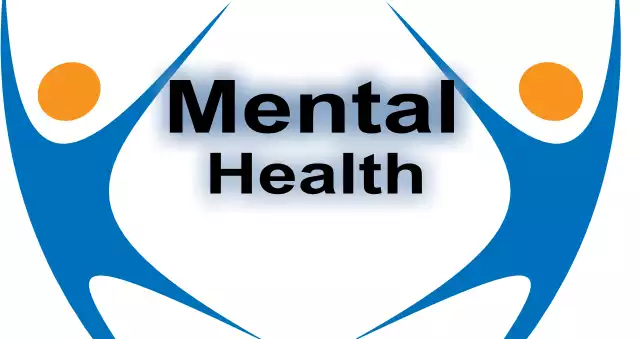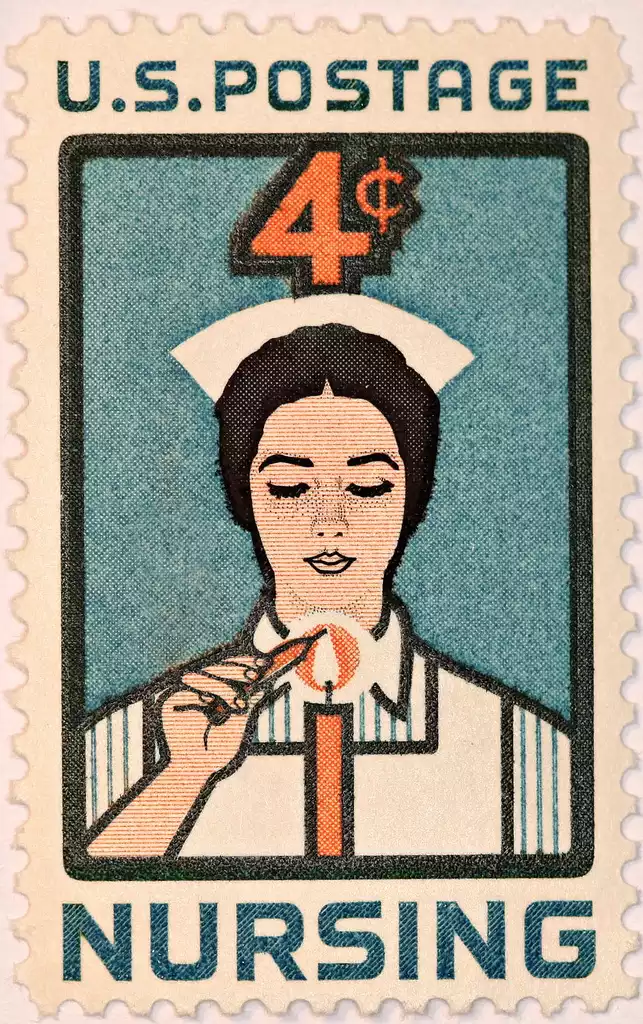Cannabis and Your Mental Health
In a world where the conversation surrounding mental health is becoming increasingly open and important, one plant has sparked both controversy and curiosity: cannabis.
Once overshadowed by stigma and strict regulations, cannabis is stepping into the limelight as a potential ally in the quest for mental well-being.
But what does science actually say about its effects on your mind?
As more states and countries move toward legalization, understanding the relationship between cannabis and your mental health becomes not just intriguing but essential.
Could this age-old plant hold the key to alleviating symptoms of anxiety, depression, or even PTSD? Or might it have hidden pitfalls that could exacerbate these conditions? This article dives deep into current research, expert opinions, and real-life stories to shed light on how cannabis might just be influencing your brain—either as a healer or a hindrance.
Cannabis, also known as marijuana, has been a controversial topic for decades.
While some consider it to be a recreational drug, others have praised its medicinal benefits.
However, one aspect that has been overlooked in this debate is the impact of cannabis on mental health.
As more and more states and countries are legalizing its use, it is crucial to understand the relationship between cannabis and mental health.
The use of cannabis is on the rise, and it is essential to examine its effects on mental well-being.
In recent years, there has been a growing interest in the potential therapeutic benefits of cannabis for various mental health conditions.
However, there are also concerns about its potential negative effects on mental health, especially in vulnerable populations.
Therefore, in this article, we will take a closer look at the current research and evidence surrounding cannabis and its impact on mental health.
We will explore the potential benefits as well as the risks associated with its use and provide a comprehensive overview of the current state of knowledge.
So, let us delve into the complex relationship between cannabis and mental health and gain a better understanding of this controversial substance.
Table of Contents Cannabis and Your Mental Health
Understanding the possible benefits: cannabis and mental health
Emerging research suggests that cannabis may have potential benefits for mental health conditions.
Studies have shown that certain compounds in cannabis, such as CBD (cannabidiol), may have anti-anxiety and anti-depressant properties.
CBD has been found to interact with the brain’s receptors involved in regulating mood and emotions, potentially offering relief for symptoms of anxiety and depression.
Additionally, some individuals with post-traumatic stress disorder (PTSD) have reported improvements in their symptoms after using cannabis.
However, it is crucial to note that more research is needed to fully understand the effects of cannabis on mental health and to determine optimal dosages and formulations.
It is always recommended to consult with a healthcare professional before considering cannabis as a treatment option for mental health conditions.
Exploring the effects on anxiety and depression
As researchers continue to delve into the relationship between cannabis and mental health, a growing body of evidence suggests that it may have potential effects on anxiety and depression.
Preliminary studies have indicated that certain cannabinoids found in cannabis, such as CBD, may possess anti-anxiety and anti-depressant properties.
CBD interacts with receptors in the brain that regulate mood and emotions, potentially offering relief for individuals struggling with symptoms of anxiety and depression.
However, it is essential to emphasize the need for further investigation to fully comprehend the effects of cannabis on mental health and establish appropriate dosages and formulations.
Prior to considering cannabis as a treatment option, it is always advisable to consult with a healthcare professional who can provide personalized guidance.
Managing symptoms of PTSD with cannabis
Individuals diagnosed with post-traumatic stress disorder (PTSD) often experience debilitating symptoms such as intrusive thoughts, flashbacks, and sleep disturbances.
While there is emerging research exploring the potential benefits of cannabis for managing these symptoms, it is crucial to approach this topic with caution and seek guidance from healthcare professionals.
Some studies suggest that certain cannabinoids found in cannabis, particularly THC and CBD, may help alleviate anxiety and promote a sense of calm in individuals with PTSD.
However, it is important to note that cannabis should not be considered a standalone treatment for PTSD, and its efficacy and safety require further investigation.
Consulting with a healthcare provider can help determine if cannabis may be a suitable part of a comprehensive treatment plan tailored to each individual’s unique needs and circumstances.
Addressing potential risks and considerations
It is essential to address potential risks and considerations when exploring the use of cannabis for mental health purposes.
While some studies suggest potential benefits, it is crucial to recognize that cannabis can also have adverse effects on mental health.
Heavy and prolonged cannabis use has been associated with an increased risk of developing psychotic disorders, such as schizophrenia, particularly in individuals with a predisposition to these conditions.
Additionally, cannabis use can impair cognitive function, memory, and attention, which may have implications for individuals with mental health conditions.
Furthermore, the legal and regulatory landscape surrounding cannabis varies across jurisdictions, and it is important to be aware of and comply with relevant laws and regulations.
It is always recommended to consult with a healthcare professional before making any decisions regarding the use of cannabis for mental health purposes to fully understand the potential risks and benefits and to ensure a comprehensive and individualized approach to treatment.
Navigating cannabis use with therapy
When considering the use of cannabis in conjunction with therapy, it is crucial to approach the topic with a comprehensive understanding of both the therapeutic benefits and potential risks.
Therapy can provide valuable support for individuals seeking to navigate their cannabis use in a healthy and responsible manner.
A trained therapist can help individuals explore their motivations for cannabis use, assess its impact on mental health and overall well-being, and develop strategies for finding balance and optimizing therapeutic outcomes.
It is important to have open and honest communication with your therapist about your cannabis use, as they can provide guidance tailored to your specific needs and goals.
Additionally, therapists can assist in addressing any potential concerns or challenges that may arise from the use of cannabis, helping individuals make informed decisions and prioritize their mental health throughout their therapeutic journey.
The role of CBD in mental wellness
CBD, or cannabidiol, has gained significant attention in recent years for its potential role in mental wellness.
CBD is a non-intoxicating compound found in cannabis plants, known for its anti-inflammatory and calming properties.
Research suggests that CBD may have therapeutic benefits for conditions such as anxiety, depression, and insomnia.
By interacting with the body’s endocannabinoid system, CBD may help regulate mood, reduce stress levels, and improve sleep quality.
It is important to note that while CBD shows promise in promoting mental wellness, further research is needed to fully understand its effectiveness and proper usage.
As with any treatment, individuals should consult with healthcare professionals or therapists to determine if CBD is a suitable option for their specific needs and overall mental health goals.
Finding the right strain for you
When exploring the potential benefits of cannabis for mental health, it is essential to find the right strain that suits your individual needs.
With the wide variety of strains available, each offering different combinations of cannabinoids and terpenes, it’s crucial to consider factors such as desired effects, THC and CBD content, and personal tolerance.
Whether you are seeking relaxation, stress relief, or mood enhancement, experimenting with different strains and their unique profiles can help you find the optimal balance for your mental well-being.
Keep in mind that everyone’s response to cannabis can vary, so it’s advisable to start with lower THC levels and gradually increase dosage as needed.
Additionally, consulting with a healthcare professional or a knowledgeable budtender can provide valuable insights and guidance in selecting the right strain for your specific mental health goals.
Seeking professional guidance and support
When navigating the complex relationship between cannabis and mental health, it is crucial to recognize the importance of seeking professional guidance and support.
While anecdotal evidence and personal experiences can provide some insights, consulting with a healthcare professional who specializes in mental health can offer a more comprehensive understanding of how cannabis may interact with your specific condition or symptoms.
They can help assess your individual circumstances, discuss potential risks and benefits, and provide personalized recommendations based on their expertise.
Additionally, professional support can extend beyond the medical realm, encompassing therapy and counseling services that can address any underlying mental health issues.
By involving professionals in your cannabis journey, you can ensure a more informed and holistic approach to managing your mental well-being.
In conclusion, while the use of cannabis may have potential benefits for those struggling with mental health issues, it is important to approach its use with caution and under the guidance of a medical professional.
There is still much research to be done in this area, and it is crucial to prioritize our overall well-being and safety above all else.
As the cannabis industry continues to grow and evolve, it is important to stay informed and make informed decisions about our mental health and the potential effects of cannabis.
Remember, seeking professional help and support should always be a top priority when it comes to managing mental health.
FAQ
How does cannabis use impact mental health conditions such as anxiety and depression?
Cannabis use can have varying effects on mental health conditions such as anxiety and depression.
While some individuals report feeling temporary relief from symptoms, others may experience heightened anxiety or paranoia.
Prolonged use of cannabis can also lead to dependence and exacerbate underlying mental health issues.
It is essential for individuals with anxiety and depression to consult with a healthcare provider before using cannabis, as the effects can differ based on individual factors and the specific strains or products consumed.
Regular monitoring and open communication with a healthcare professional are crucial to ensure the best outcomes for mental health and well-being.
Can cannabis use lead to the development of mental health disorders such as schizophrenia or psychosis?
While research on the potential link between cannabis use and mental health disorders like schizophrenia or psychosis is ongoing, some studies suggest that heavy or long-term cannabis use may increase the risk of developing these disorders in certain individuals, particularly those with a genetic predisposition.
However, the relationship between cannabis use and mental health is complex and not fully understood, with factors like dosage, frequency of use, age of onset, and individual vulnerabilities playing a role.
It’s important to consult with a healthcare professional for personalized advice regarding cannabis use and mental health.
What are the potential benefits of using cannabis for managing symptoms of conditions like PTSD or chronic pain?
Cannabis has shown potential benefits for managing symptoms of conditions like PTSD or chronic pain due to its ability to reduce anxiety, improve sleep, and alleviate pain.
It can also have anti-inflammatory properties that may help in managing chronic pain.
Additionally, cannabinoids in cannabis can interact with the endocannabinoid system in the body, regulating mood and stress responses, which could be beneficial for individuals with PTSD.
However, the effectiveness of cannabis for these conditions may vary, and further research is needed to fully understand its potential benefits and risks.
How does the method of consumption (smoking, edibles, vaping, etc.
) affect the impact of cannabis on mental health?
The method of consumption of cannabis can impact its effects on mental health.
Smoking cannabis can lead to faster onset of effects and potentially greater risk of negative mental health outcomes, such as anxiety or psychosis.
Edibles can have a delayed onset but produce longer-lasting effects, which may be more intense and overwhelming for some individuals.
Vaping is considered a more discreet method but still poses risks due to high concentrations of THC.
Overall, the method of consumption can influence the intensity, duration, and potential risks associated with cannabis use on mental health.
Are there any specific strains or types of cannabis that are recommended for improving mental health, and if so, how do they work differently than others?
Yes, there are specific strains such as Cannatonic and Harlequin that are recommended for improving mental health due to their balanced CBD and THC levels.
These strains work differently than others by providing a more calming and uplifting effect without inducing anxiety or paranoia often associated with high-THC strains.
CBD helps to reduce stress and anxiety, while THC can enhance mood and creativity, resulting in a more balanced and therapeutic experience for mental health benefits.
It is important to consult with a healthcare professional or budtender to find the right strain based on individual needs and preferences.







